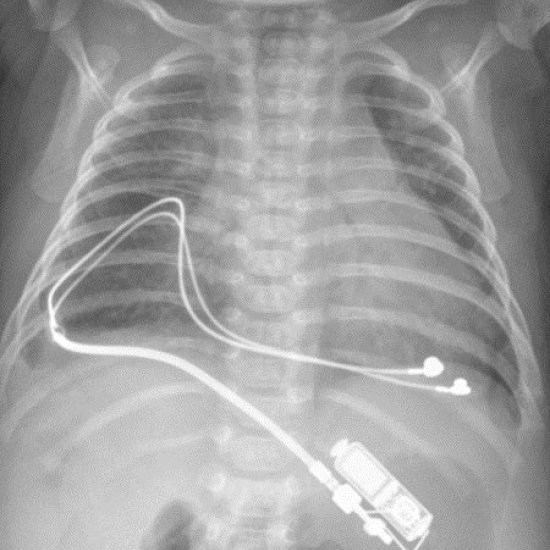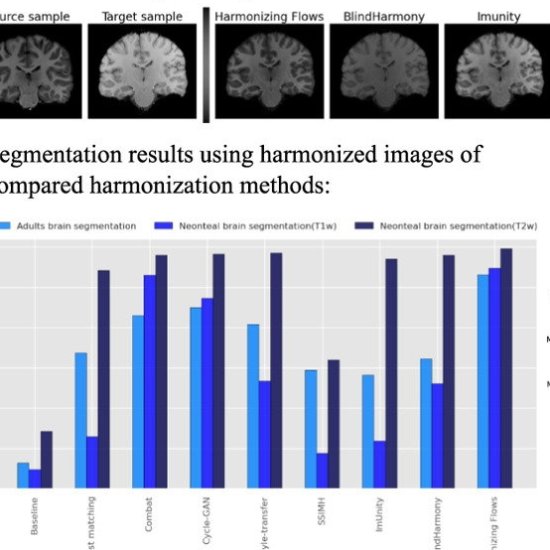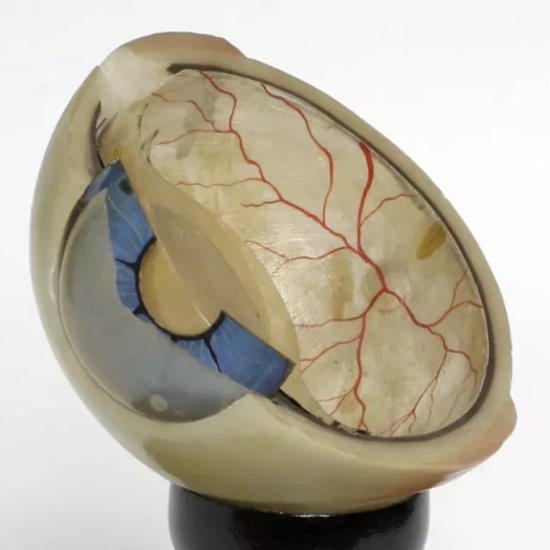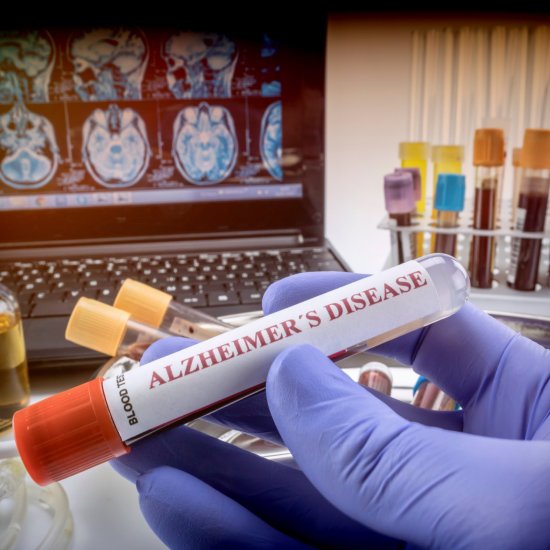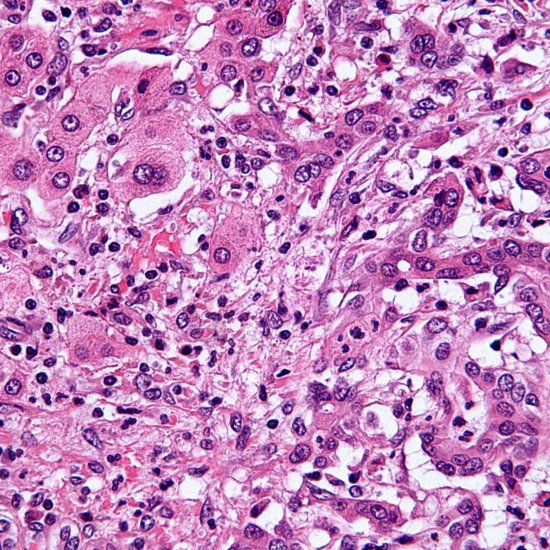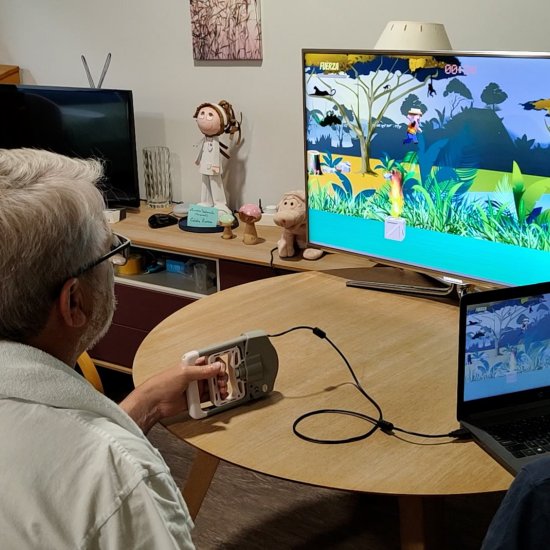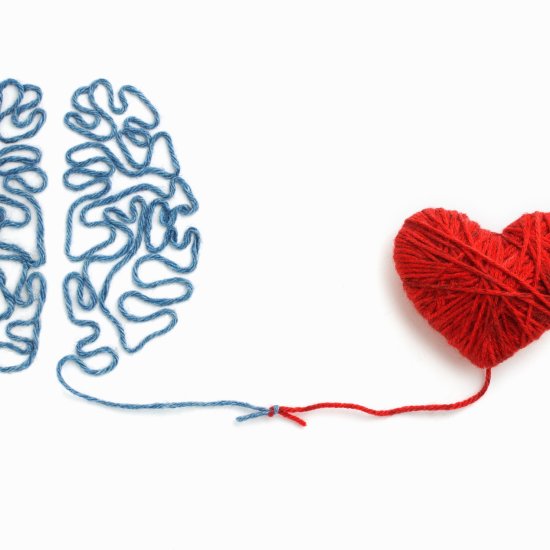
|
|
Alzheimer's disease remains one of the major challenges in modern healthcare, with unresolved questions regarding etiology, diagnostics and therapy. A new generation of blood-based biomarkers show promise for early detection, but challenges remain regarding result interpretation and translating the findings into effective care models. In our newsletter, we also explore new developments in diagnostic imaging, from photon-counting CT to MRI data harmonization, and look into promising research on various cancers. Enjoy reading!
|
|
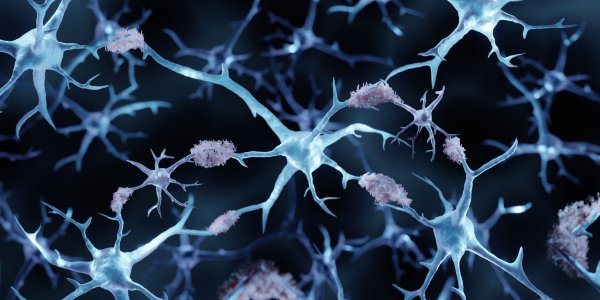 |
Article • Promising, but in need of further validation
Blood-based biomarker (BBB) tests may represent the best weapon to combat the soaring rates of Alzheimer’s disease (AD) throughout the world. Existing clinically validated tests are currently deployed to facilitate diagnosis, to monitor disease ... |
Sponsored • Product presentation at radiology congress
United Imaging, a global leader in manufacturing advanced medical imaging and radiotherapy equipment, showcases a range of cutting-edge technologies aligned with sustainable values. Notably, the company achieves an A rating in the MSCI ESG ratings, ... |
|
News • For newborns with congenital heart defects
A pacemaker designed for babies could fill an unmet need for newborns with congenital heart defects and other heart conditions, finds a new study. |
|
News • Promising method for cancer imaging
Photon counting detectors along with novel algorithms allow for more precise 3D visualization of different tissues and contrast agents by capturing X-rays at multiple energy levels simultaneously. |
|
News • Imaging consistency and reliability
MRI is an essential tool for clinicians, but the variability of image acquisition protocols is a challenge for achieving consistent and reliable interpretation. A new study intends to fix this issue. |
|
News • AI analsis for early detection
A new AI-based approach can predict whether people with type 2 diabetes are likely to develop chronic kidney disease years before symptoms arise, allowing for earlier intervention and treatment. |
|
Article • Detection of neurodegenerative condition
There is no known cure for Alzheimer’s disease (AD), although prescription drug-based treatments that can slow AD progression in some patients are starting to enter clinical use. Biomarkers, quantifiable characteristics of biological processes or ... |
|
News • Variations in patient access
Research on biliary tract cancer is advancing rapidly, ranging from targeted treatments to new drugs. However, the delivery of these advances to patients is lagging behind, new European studies find. |
|
News • Cell-free tumor DNA analysis
New research highlights the potential of circulating tumor DNA (ctDNA) analysis as a non-invasive method to identify actionable biomarkers for breast cancer, enabling individualized therapies. |
|
News • Reduced need for follow-up treatments
Crohn’s disease is incurable, with high rates of recurrence. A new approach, involving surgical removal of the mesentery, dramatically reduces the possibility that follow-up surgery will be needed. |
|
Video • Exergames for upper limb mobility recovery
Playing video games to recover hand and wrist mobility? A new system of exergames demonstrates the potential for rehabilitation while providing therapists with data to analyse patients’ progress. |
|
News • From the heart to the mind
Around one third of people with cardiovascular disease (CVD) also have mild cognitive impairment (MCI), yet the condition is often undiagnosed. A new project aims to untangle this MCI-CVD connection. |
|
|
|
| |
You are receiving this email because you subscribed to our newsletter on healthcare-in-europe If you don’t want to receive this newsletter anymore, click here to unsubscribe.
Keep up-to-date on the latest news from all hospital-related fields!
Subscribe to our bi-monthly newsletter. Copyright © 2026 mgo fachverlage GmbH & Co. KG.
All rights reserved. E.-C.-Baumann-Straße 5, 95326 Kulmbach, Germany
email: newsletter@european-hospital.com |
|



|
|



